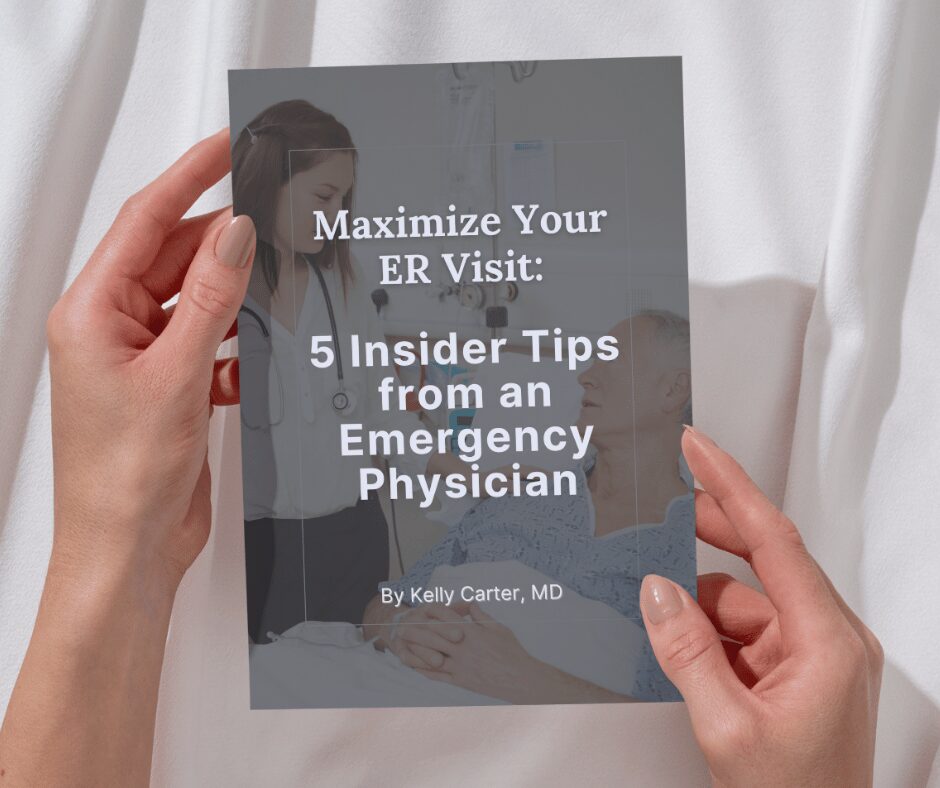How Do I Prevent Medication Errors? 6 Safety Tips from a Physician & Patient Advocate
“Many people think medication errors only happen in hospitals or to others who aren’t being careful. The reality? They can happen to anyone, and often occur right at home.“
Medication Mistakes Are More Common Than You Think
Medication errors happen more often than people realize. Whether it’s a pharmacy mix-up, a prescribing mistake, or confusion about how to take a medication, these errors can lead to serious health complications. If you or a loved one has a chronic or complex medical condition, preventing medication mistakes is critical to staying safe and getting the best possible care. As a Physician and Patient Advocate, I help patients navigate these challenges every day. With the right strategies, you can reduce your risk and take control of your healthcare.
The Truth About Medication Safety
Many people think medication errors only happen in hospitals or to others who aren’t being careful. The reality? They can happen to anyone, and often occur right at home. Something as simple as eating the wrong food while taking certain medications can lead to serious complications. The good news? With proper strategies and information, you can take charge of your medication safety and avoid preventable mistakes.

Six Physician-Approved Strategies to Prevent Medication Errors
Taking a proactive role in your healthcare is the best way to prevent medication errors. Here are key strategies to help you stay safe:
1. Take Medications Exactly as Directed
Never adjust your dosage without consulting your doctor. Some patients mistakenly believe a medication “isn’t working” and take extra doses, which can lead to dangerous side effects. I had one patient who did this with his blood thinner and came into the ER with severe bleeding consequences. Always follow the prescribed instructions and reach out to your healthcare provider, especially if you have concerns about their effectiveness.
2. Be Aware of Food and Drug Interactions
Certain foods can interfere with how medications work. For example, grapefruit can affect the way some cholesterol, blood pressure, and other important medications are metabolized, leading to unintended side effects. If you’re on a blood pressure medication like nifedipine and you take it with grapefruit juice, it may cause your blood pressure medication to reach dangerously high levels in your bloodstream causing you to feel dizzy or pass out. Always ask your doctor or pharmacist if there are any foods you should avoid while taking your medications.
3. Dispose of Old Prescriptions Properly
Keeping old medications around can lead to accidental mix-ups. If your doctor changes your prescription, make sure to discard any leftover doses of your old medication. Taking both the old and new prescription (like my patient who was increased from 25mg of metoprolol to 50mg and accidentally was taking both – 75mg. He could barely stand up due to low blood pressure). Be careful that you don’t suffer from these complications.
4. Use One Pharmacy for All Medications
Filling all prescriptions at a single pharmacy allows the pharmacist to monitor for potential drug interactions. They go to school for 6+ years for training and are the ideal person to alert you to any conflicts between medications – but can only do this if they know what you’re on!
5. Keep Track of Medication Expiration Dates
Expired medications may not be as effective and, in some cases, can become harmful. Regularly check your medicine cabinet and safely dispose of any expired prescriptions. Your pharmacist can provide recommendations on how to discard medications properly, or check here for additional information.
6. Create a Medication Tracking System
Use a dedicated notebook or smartphone app to track when you take each dose. Dispense your medications into a pill box so you can quickly see if you’ve taken your medications for the day. Some pharmacies will even dispense your medications into prefilled packs. Talk with your pharmacist if you need some additional help with this. Be sure to bring this information with you any time you see a doctor. There are times when your medical team needs to know exactly what time you took your last dose of medications.
Advocate for Your Own Medication Safety
Medication errors can have serious consequences, but by taking an active role in your care, you can minimize risks. Take charge of your healthcare because you can prevent medication errors! Understanding your prescriptions, improving communication with your prescribers and pharmacist, and staying organized with your medical records are key to preventing mistakes.
Need Help Navigating the Healthcare System?
Don’t wait for a medication error to occur before taking steps to prevent one. As an Independent Patient Advocate and Emergency Physician, I help individuals and families manage complex medical care with confidence. If you need assistance with medical records management, care coordination strategies, or understanding your prescriptions, I’m here to support you.
Note: Always consult with your healthcare provider before making changes to your health management approach.
Contact me to Schedule a FREE 30 Minute Consultation
Find out how I can help you navigate your healthcare with more confidence and less stress.
Dr. Kelly Carter, MD, FACEP, BCPA is a Board Certified Patient Advocate as well as a board certified Emergency Physician with over 20 years of experience in the ER. She helps patients navigate complex medical conditions and healthcare decisions through AlignedCare Advocacy.

Disclaimer: This article is for informational purposes only and does not constitute medical advice, diagnosis, or treatment. Always seek the guidance of your physician or other qualified health professional for any questions you may have regarding your health.









